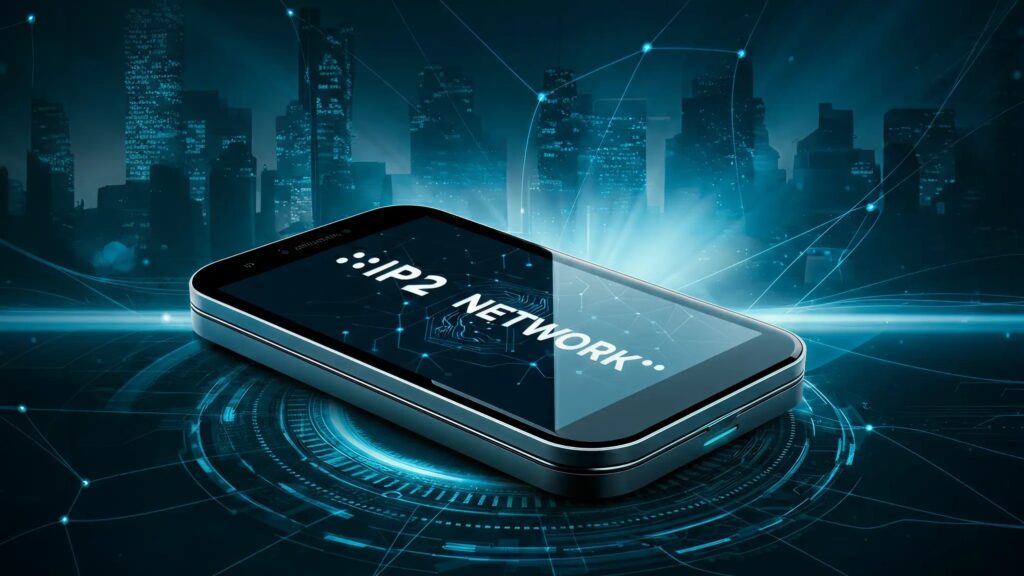As the field of mobile technology continues to evolve, two acronyms are becoming increasingly familiar: IMEI and AI. The International Mobile Equipment Identity (IMEI) number for your phone has long been a simple, static identifier – a digital fingerprint of sorts. As artificial intelligence is infused into it, the IMEI number changes from being a passive serial number to a dynamic, intelligent agent for security, personalization, and supply chain management.
This is the new world of IMEI AI.
What is IMEI? The Basis
Before we can begin to understand the AI piece, it is important to know what IMEI is:
It is a unique 15-digit code that identifies every mobile and satellite phone.
It is hardcoded by the OEM, and in most mobile phones, not able to be changed, except by sophisticated, and often illegal, methods.
It was originally designed to enable network authorization and for the blacklisting of devices in the case of theft.
How is AI Changing IMEI?
The future promise of the IMEI number is moving from reacting to security events to implementing an intelligent proactive security solution with the use of machine learning and behavioral analysis of the IMEI number. Here is how:
1. Proactive Theft Prevention and Recovery
The old model: Once your device is stolen, you report it, the carrier blocks the IMEI, and it becomes a brick.
The IMEI AI model:
Behavioral Anomaly Tracking: An AI service can monitor the behaviors associated with an IMEI. For example, if a phone that has always been operating out of New York suddenly activates in another country, only minutes after it was reported stolen, the AI service would flag the IMEI as theft with high confidence, rather than waiting for the owner of the device to make the report.
Predictive Blacklist: The AI service can analyze patterns across millions of devices. If an IMEI is consistently associated with reported stolen phones just after being sold on the same marketplace, the AI service can proactively flag that IMEI for review.
Recovery Assistance: By correlating IMEI with geolocation data, Wi-Fi access, and images from other devices on the same network, AI services can assist law enforcement in recovering stolen devices like never before.
2. Hyper-Personalized User Experience
Imagine being set up with a new phone and it automatically feels like your old one. IMEI AI can deliver on the promise.
The IMEI provides a secured key. An AI in the cloud associated with your device IMEI will learn its usage patterns—like its app layout, most commonly used settings, and daily behavior. When you log into a new device with your credentials, the AI recognizes your IMEI and can restore not just your data, but your entire customized digital experience.
3. Fighting Fraud of Counterfeiting & Refurbishing
The counterfeit and “Frankenstein”-ed phone marketplace is enormous globally. IMEI AI works as a powerful weapon against both of these practices.
Pattern Recognition: AI systems can analyze huge databases of IMEI numbers to recognize patterns indicating counterfeiting. For example, if a block of IMEIs is issued to a manufacturer in Vietnam but they suddenly appear to activate phones from a small unlicensed factory, the AI would notify the users.
Supply Chain Integrity: Manufacturers use IMEI AI to track the various components of a phone from the factory to the retailer, ensuring authenticity and detecting any tampering or gray market diversion.
4. Intelligent Network Optimization
Mobile carriers can utilize IMEI AI to optimize their networks.
By recognizing the classes of devices (by their IMEI range) being serviced at a cell tower, an AI could forecast bandwidth utilization. For instance, a cell tower serving many latest-generation smartphones would have higher priority for a 5G upgrade than one serving mostly old, minimal feature phones.
The Privacy and Ethical Considerations
The potential of IMEI AI is significant, but so are the obligations.
Permanent Tracking: The IMEI is a permanent identifier, and coupled with AI it could theoretically track a person’s devices’ movements widely, leading to major privacy issues.
Bias and Errors: An AI model may incorrectly identify an IMEI as stolen due to pattern failings, resulting in bricking an innocent person’s phone and causing grave inconveniences.
Consent and Transparency: A large proportion of users do not know what an IMEI is. In order to provide advanced AI profiling capabilities, IMEI usage must have clear user consent and data protection laws.
The Future of IMEI AI
We are heading into a time – call it the future – when your device’s identity is not fixed but is intelligent. The IMEI will transform from a simple serial number into the intelligent heart of a device’s digital soul, unlocking powerful, seamless, secure, and highly personalized mobile experiences with the added benefit of intelligent, ever-watchful guardian.
The key will be to leverage this capability responsibly and make sure IMEI AI works as a protector, of our devices and of our fundamental right to privacy.






